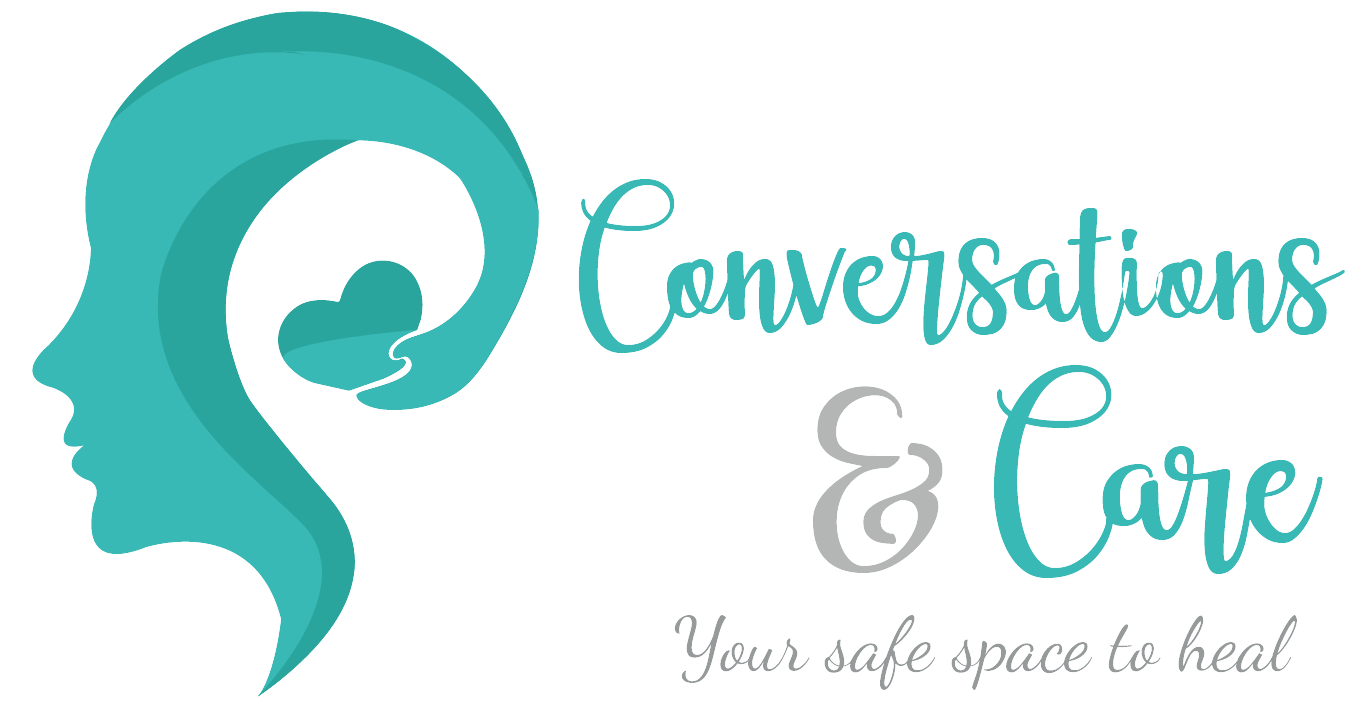Hustle Culture: The Psychological Toll of Constant Productivity

Hustle Culture: The Psychological Toll of Constant Productivity
“Rest? I’ll rest when I’m successful.”
This phrase seems to echo through the walls of every office, coffee shop, and co-working space. It’s a mantra for many, perpetuating the notion that success is reserved solely for those who grind day and night. Hustle culture glorifies the idea of overworking, painting rest as an indulgence rather than a necessity. This relentless chase for productivity can lead to a dramatic psychological toll that affects our well-being.
Hustle culture can spark motivation and drive, but it often comes at a significant psychological cost that we must not overlook.
The Psychological Impact of Hustle Culture
Devaluation of Rest
Rest is increasingly seen as a luxury, something to be earned rather than inherently deserved.
- When did we start viewing rest, something so vital to our health and productivity, as an enemy of success? The constant hum of productivity can leave us feeling like we can never quite catch up, leading to chronic stress and, ultimately, burnout.
- Imagine working late into the night, bleary-eyed and mentally drained, all because you think that sleep is for those who have already ‘made it.’ This pattern creates a never-ending cycle of exhaustion, where rest becomes synonymous with failure.
Perfectionism and Guilt
Among the most insidious effects of hustle culture is the way it breeds perfectionism and guilt.
- “I feel guilty for taking a break.” How many times have you felt this? The fear of being seen as less committed can lead to anxiety that eats away at our ability to relax and recharge. This constant pressure to be productive fosters not only anxiety but also a harsh self-criticism that clouds our achievements.
- With every moment spent resting, we may feel we are falling behind, leading to a debilitating cycle where peace is overshadowed by the looming weight of guilt.
Social Comparison
Social media platforms have magnified feelings of inadequacy and fear of falling behind.
- Scrolling through Instagram or LinkedIn, it’s easy to feel like everyone else has their life perfectly laid out. “Why does everyone else seem to have it all figured out?” The reality is, behind every curated post is a struggle that often goes unnoticed.
- This relentless comparison can suck away our motivation, fill us with self-doubt, and further perpetuate our anxiety.
Overcommitment and Fear of Failure
Exhaustion from Overcommitment
There’s always a new task, a new opportunity.
- “I keep saying yes to everything, and now I’m exhausted.” This feeling is far too familiar to many of us. The fear of not being relevant or the fear of losing out keeps us chained to our desks for too long.
- This overcommitment often leads to an unhealthy work-life imbalance, leaving little room for personal joy or connection with loved ones. Before we realize it, our passion becomes a burden.
Fear of Losing Momentum
The ironic fear that drives this hustle culture is the belief that stopping equates to failure.
- “If I stop, will I lose my momentum?” This thought keeps us pushing harder, even when our bodies and minds are begging for a break. The fear of being forgotten or losing opportunities turns our lives into a continuous race with no finish line, neglecting our fundamental needs for well-being and happiness.
Breaking Free: A Psychological Perspective
Finding a way out of the hustle culture mindset is essential for our mental health.
- We must start by reframing rest as a necessity, not a reward. Recognizing that taking breaks can lead to increased productivity and creativity is key to long-term success.
- Practicing mindfulness can be an effective tool to combat guilt and overthinking. Allowing ourselves time to breathe, reflect, and simply be can help realign our perspective on what it means to be productive.
- Setting boundaries in our work and personal lives is crucial. By protecting our mental health, we create a more focused, intentional approach to productivity that respects our limits and embraces balance.
Rest isn’t the enemy of success; it’s essential for sustainable growth.
Let’s encourage each other to redefine productivity in terms of balanced and intentional work, where well-being is a priority rather than an afterthought. By valuing rest and nurturing our mental health, we pave the way for true success, one that honors our needs as human beings.
Together, we can break the cycle of hustle culture, allowing ourselves to find harmony in our lives.
Jessica Jakhar
Conversations & Care

Jessica Jakhar
Associate, Conversations and Care
Related Blogs
No related blogs available.

